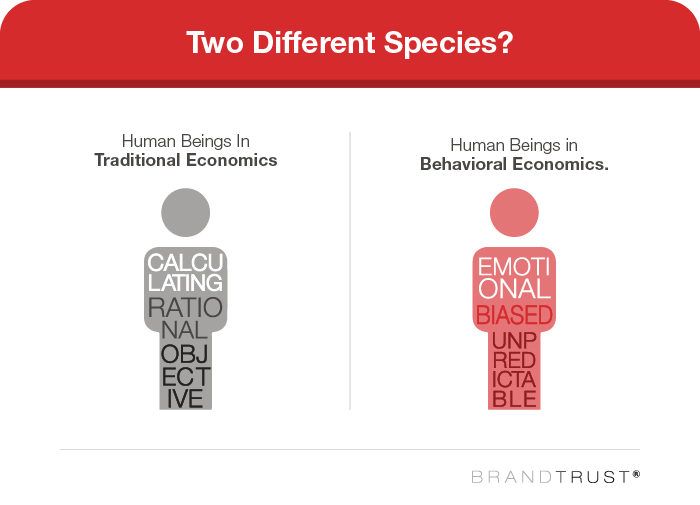Hat motivates people more to quit bad habits? Is it the promise of reward if they succeed or the threat of paying a debt if they don’t?
Quitting a bad habit like eating unhealthy or smoking is a hard task. People often fail to quit a bad habit because they approach their problems from the wrong angle.
According to a study by the New England Journal of Medicine, people are very likely to kill bad habits when they risk losing something in return if they don’t. Essentially, people are very motivated by the fear of loss more than the promise of gain.
Magazineweb provide Best Boys and Girls Pic Comments On Instagram 2021
We learn more about the science of killing bad habits like eating unhealthy and smoking in the next paragraphs.
Why Diets Don’t Work?
Diets don’t usually work the way we want them because our bodies and brains get hardwired to stick to habits. It’s very hard to convince our bodies and brains to lose weight merely by a diet because once we let the guard off, we return to eating our usual diet. This is the case, especially for old people who are approaching their 60s.
However, if diets rarely work, what is the alternative? How can we kill the bad habit of unhealthy eating instead?
Taking a Bet Might Work Better Than a Diet!
According to the behavioral economics framework and theory, the best way to convince yourself to kill a bad habit is by having something at stake. For example, you can have a bet where you will pay a significant amount of money if you broke the rules. You can have a bet with someone who suffers from the same problem or family member.
Here’s how you can do it. Stop eating all the foods that are unhealthy. But if you broke the rule, you are bound to pay 1,000$.
Over time, you’ll find out that you are more motivated, and consequently, you’ll start losing weight.
Why Would This Method Work?
According to the study that we’ve mentioned above, this method will work better than most of the other approaches. When people risk losing money, they become more motivated to keep it.
The study followed three groups of people who want to stop smoking. Each group had different rules and conditions.
The first group followed the traditional methods of quitting like nicotine gums and patches. After 6 months of that, only 6% of those people quit. This was the control group.
The second group was promised a reward of 800$ after 6 months of quitting. This time 17% of them accomplished it. We can notice that providing a reward motivates more than giving nothing.
However, the interesting results come with the third group. This group had to deposit 150$, which they would get back after 6 months if they succeeded. Additionally, they will receive a bonus of 650$ if they quit. 52% of the people who accepted the challenge succeeded.
We will discuss the things that make this method effective in the paragraphs below.
Loss Aversion
People tend to avoid losses more than seeking gains. It’s called “Loss Aversion,” which is one of the main principles of behavioral economics. This is an irrational tendency that we all share as humans. The motivation for avoiding a loss is more effective in driving people to quit bad habits.
Commitment
When you commit, you are bound to avoid a future where you break the commitment. Procrastination is one of the enemies of quitting bad habits. People usually say ‘I will quit in the future.’ But the majority doesn’t realize that there are no future selves; it’s only their constant present selves that cannot stop bad habits in the present. When you have a commitment that bounds you to something, you are more likely to drop bad habits in the present.
Language Use
Another important aspect of this method of killing bad habits is language use. People are more likely to stop a bad habit merely by changing their linguistic approach to the matter. Simply by saying “I don’t want to smoke,” you can motivate yourself to quit better than when you say “I can’t smoke.”
Conclusion
You have to be smart when you try to kill bad habits. This method of behavioral economics is an innovation that promises one of the most effective methods. Hopefully, this approach to killing bad habits will be useful for you in the future.








